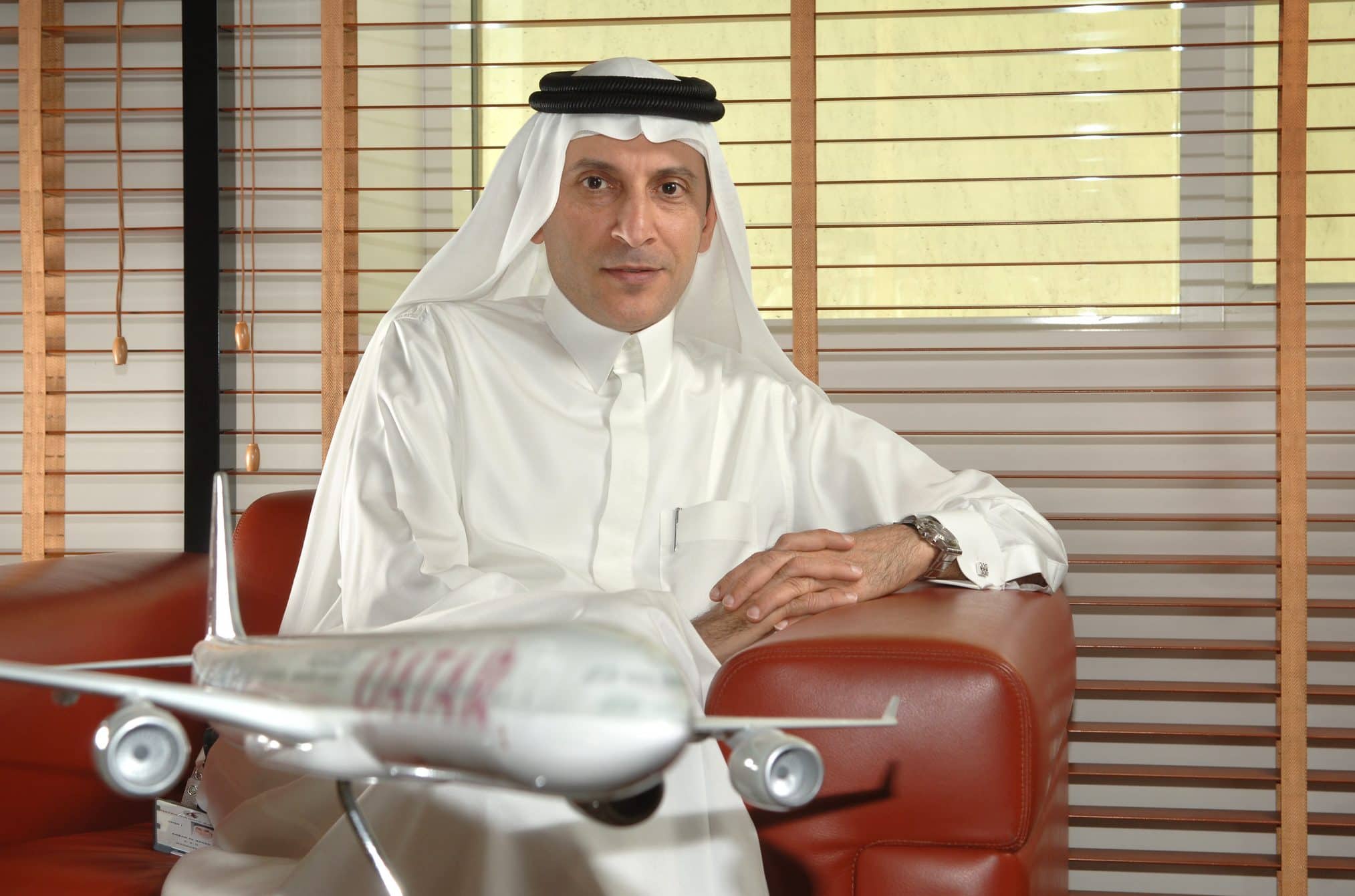Qatar Airways CEO Calls For Uniformity in COVID Response
Share

The lack of uniformity when it comes to border restrictions and quarantine requirements is the biggest challenge currently facing Qatar Airways in its operations, according to the airline’s chief executive Akbar Al Baker.
Qatar Airways is currently flying some 700 weekly services to 95 destinations, CEO Akbar Al Baker told delegates at CAPA’s recent virtual Australia Pacific Aviation Summit. The airline had planned to increase the number of destinations to 120 by the middle of October, but has decided not to expand for the time being due to uncertainty surrounding border restrictions and airport reopenings, said Al Baker, adding that the airline has been forced to cancel flights with just a few days’ notice when airports have not reopened as planned.
Al Baker is calling for the World Health Organization, International Civil Aviation Organization and International Air Transport Association to work together on establishing uniform requirements so airports can open safely and efficiently. He points, for example, to the situation in Europe, where every country has different requirements, with different health regimes and quarantine requirements and “passengers are lost” regarding the rules.
Al Baker believes that a globally-recognized health certificate detailing a passenger’s exposure and immunity to the virus should be introduced.
The situation is also proving challenging in Australia due to ongoing border restrictions and quotas on the number of international travellers that can arrive in the country each week. “We have massive amounts of Australians who want to go back to their country, but the quota is making it difficult,” Al Baker said. Qatar is operating more flights to Australia than any other international airline, carrying almost 40% of all international travellers to and from the country between April and June.
Al Baker also believes that ahead of the availability of a COVID-19 vaccine, a globally-recognized health certificate detailing a passenger’s exposure and immunity to the virus should be introduced, similar to that previously used for smallpox and TB, in order to provide confidence and get people flying again. Such measures are needed as “COVID-19 will stay with us for the rest of our lives,” he said.
The airline’s Hamad International Airport hub in Doha is looking to introduce a COVID-19 test that delivers results in just 60-90 seconds, Al Baker explained. There are already stringent health and sanitizing procedures implemented at the airport and on board Qatar flights. Cabin crew wear personal protective equipment and passengers are issued with a complimentary protective kit and disposable face shields. At the airport, passenger touchpoints are sanitized every 10 to 15 minutes and boarding gates and bus gate counters are cleaned after each flight.
Explaining the airline’s response to the crisis, Al Baker said Qatar always wants to be at the forefront of any challenge and its agility and fast action allowed it to respond, adding that it is the airline’s duty to serve its passengers in the bad times as well as the good times. “We are a quality airline, with a quality network and [passengers] can depend upon us,” he said.


